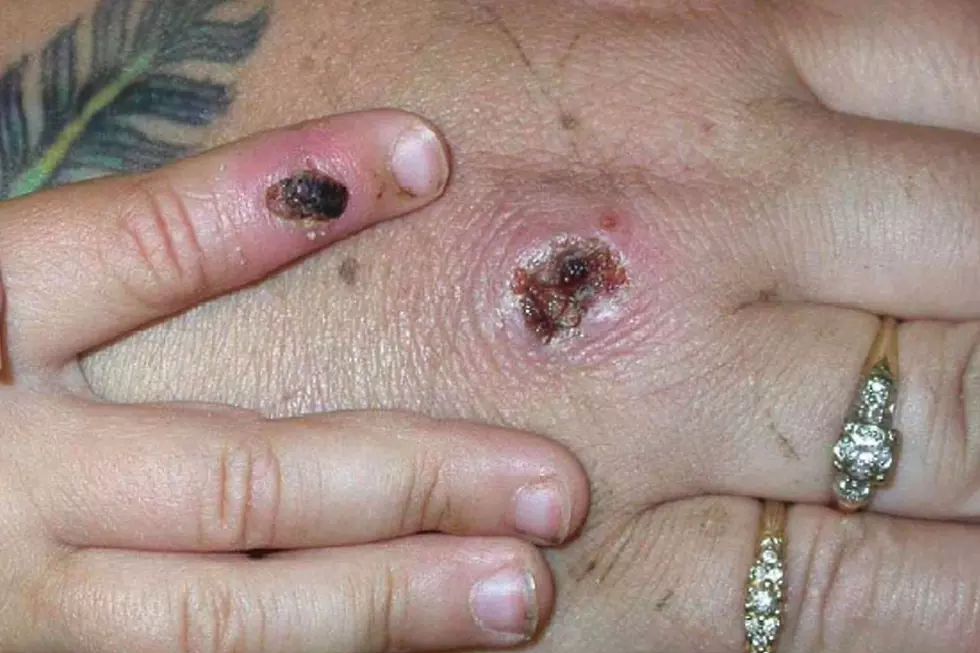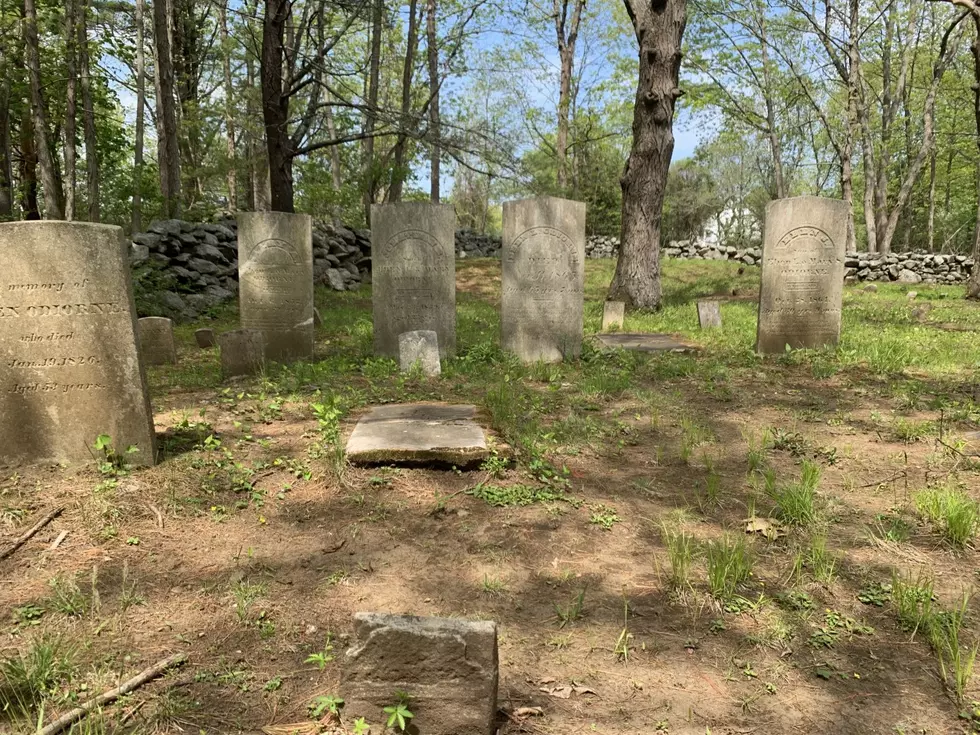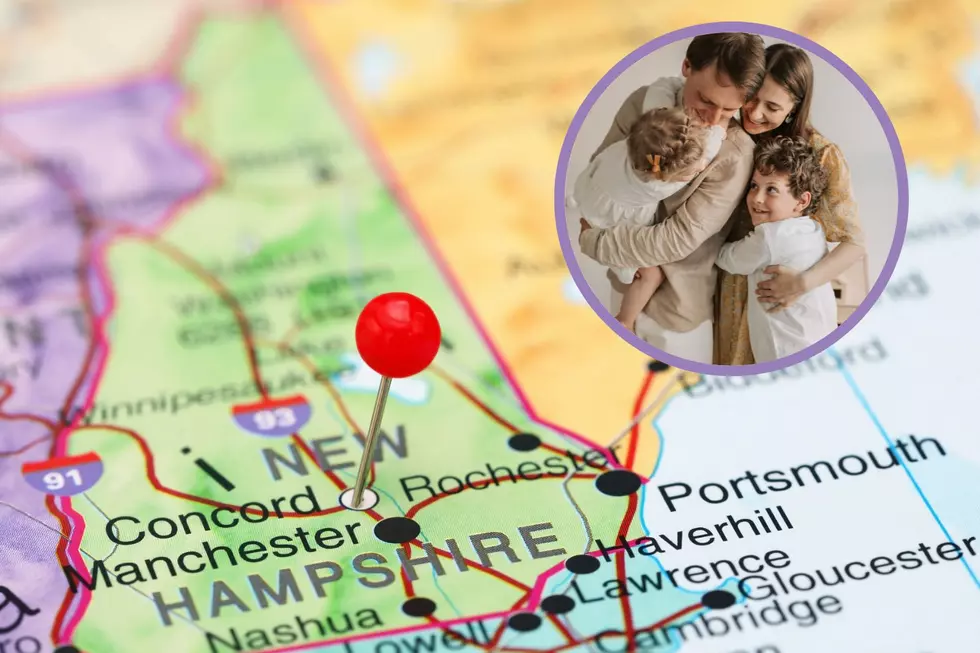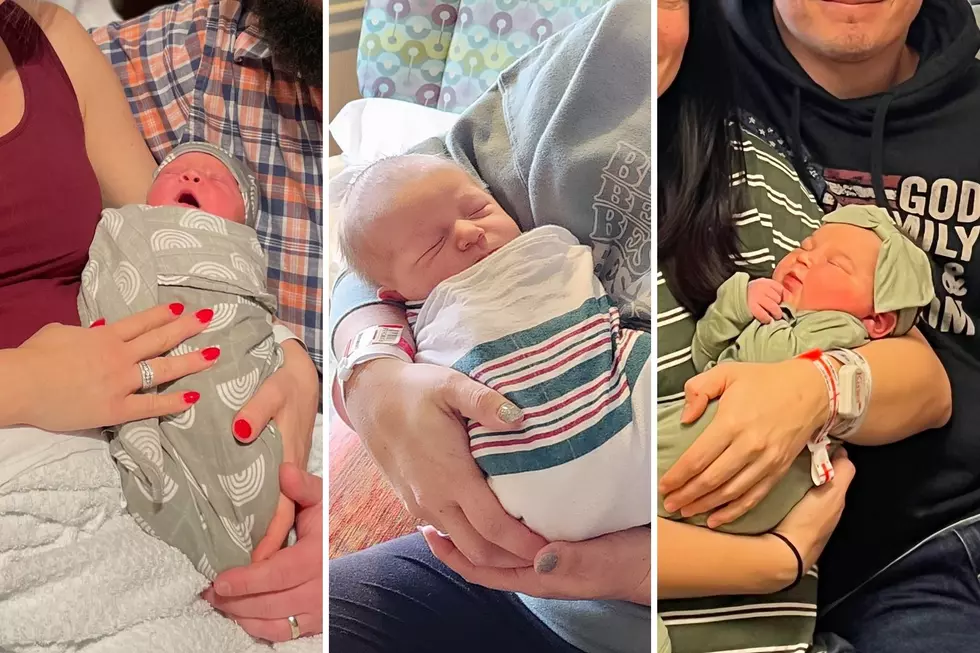
Seacoast Resident Diagnosed With NH’s First Monkeypox Case
A resident of Rockingham County has been diagnosed with New Hampshire's first reported case of Monkeypox.
The New Hampshire Department of Health and Human Services said in a statement that it would not disclose any additional information about the patient in order to protect the person's privacy. DHHS is working to determine whether or not other individuals may have been exposed.
Massachusetts and Rhode Island are the only other New England states with reported positive cases. The first case was diagnosed in the U.S. on May 18. As of June 28 there are 306 reported cases in the United States.
Monkeypox is a rare disease caused by the monkeypox virus, which belongs to the same group of viruses as smallpox. Transmission of monkey pox requires close interaction with a symptomatic person.
“The first probable case of monkeypox in New Hampshire has been identified. While this is a concerning development, the risk to the general public is very low,” Dr. Jonathan Ballard, DHHS Chief Medical Officer, said in a statement. “We are investigating this situation to determine whether additional people may have been exposed.”
According to the CDC, early data suggest that gay, bisexual, and other men who have same-sex intercourse make up a high number of monkeypox cases.
Symptoms of monkeypox include fever, headache, exhaustion, muscle aches, sore throat, cough, and swollen lymph nodes. A few days after the start of these symptoms, a skin rash or spots appear that change over time. Those with monkeypox are contagious until all skin lesions have scabbed over and fallen off a person’s skin.
Symptoms are usually mild, but in rare cases a more severe illness can occur that might require hospitalization. The illness usually lasts for 2-4 weeks.
The CDC on Tuesday announced an "aggressive" response to the nationwide Monkeypox outbreak and activated its Emergency Operations Center to better monitor cases and co-ordinate a response.
On Tuesday, President Joe Biden also announced a strategy that would quickly send vaccines to the most affected communities and make testing more convenient. 56,000 vaccine doses will be sent to each state, with 240,000 vaccines eventually available.
Contact reporter Dan Alexander at Dan.Alexander@townsquaremedia.com or via Twitter @DanAlexanderNH
Trending Stories for Seacoast Current (June 20-26, 2022)
More From 94.9 WHOM









